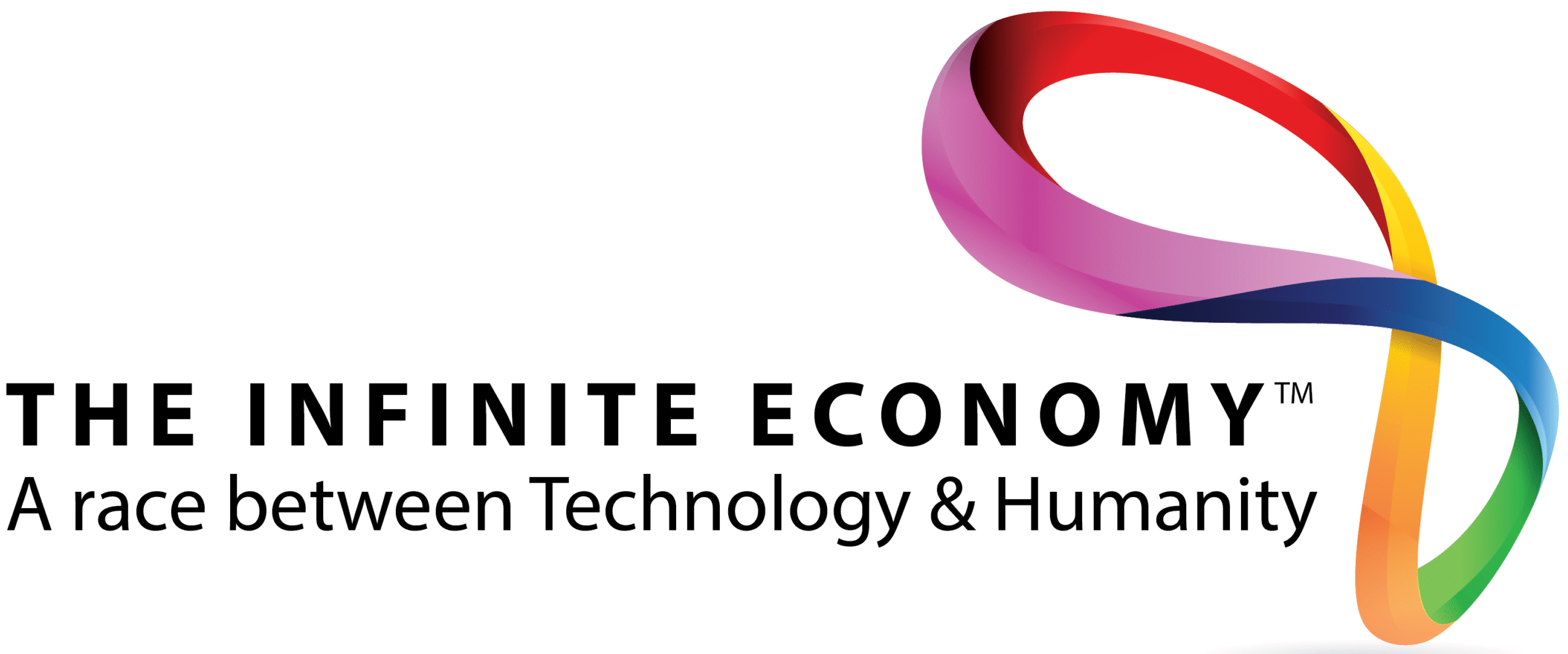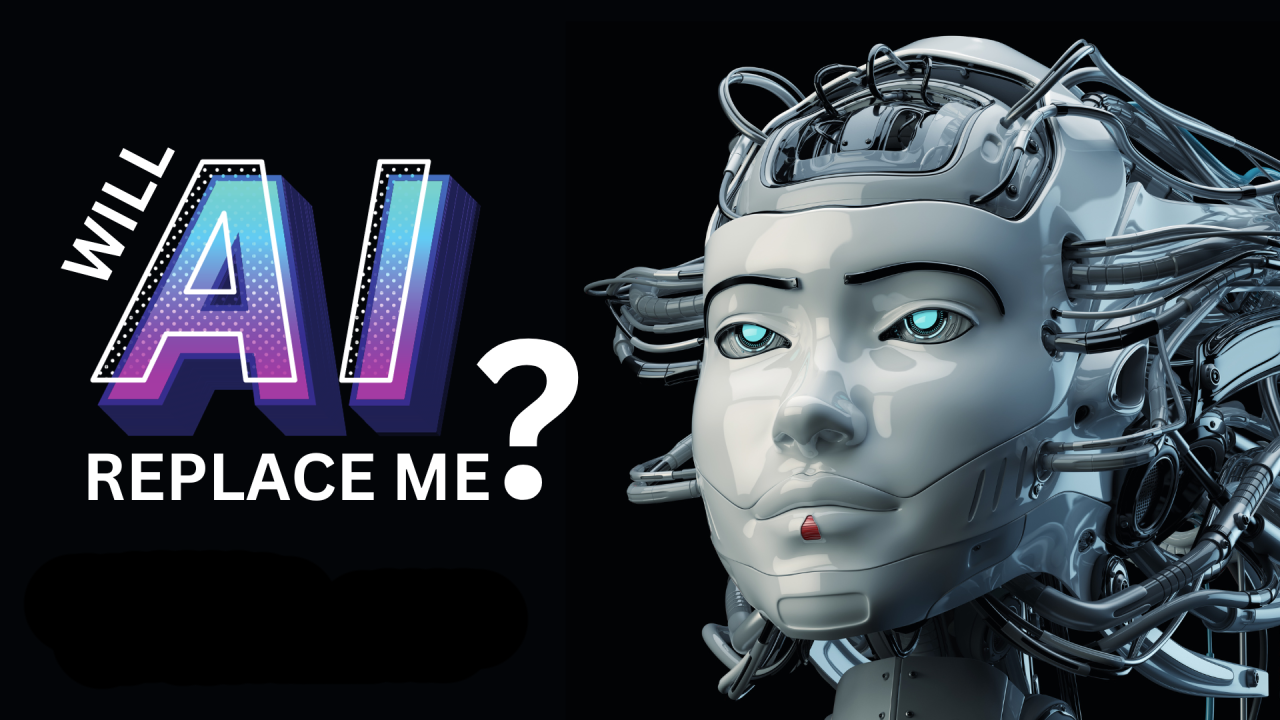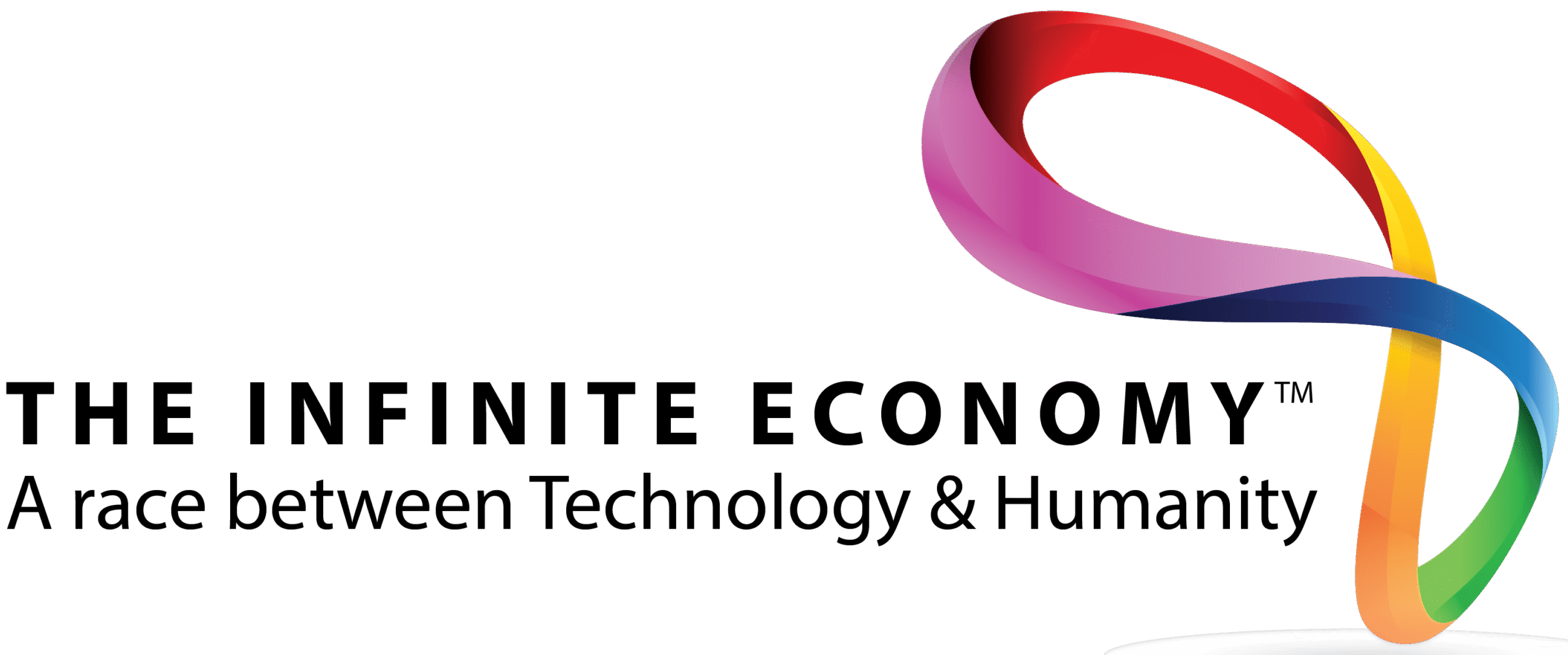The Great Disruption
We are living through a technological renaissance unlike anything the world has seen before. The rise of Artificial Intelligence (AI) is altering every sector of the global economy — from manufacturing and medicine to writing, design, and law. Tools like ChatGPT, Midjourney, and autonomous agents are already outperforming humans in several cognitive tasks. So, naturally, the question on many minds is: Will AI replace us?
Automation: Threat or Opportunity?
The fear is not unfounded. Studies from institutions like Oxford and McKinsey predict that over 40% of current jobs could be automated by 2035. But what those headlines often miss is that automation doesn’t eliminate work — it transforms it.
Just like the Industrial Revolution replaced manual labor with machinery but gave birth to entire new industries (transportation, logistics, telecommunications), the AI revolution will retire repetitive tasks and empower humans to focus on creativity, strategy, empathy, and leadership.
The Real Risk: Technological Unemployment without Transition
The danger lies in the speed of disruption. If society, education, and government systems can’t keep up with this pace, mass unemployment and societal instability may become our new normal. The challenge is not that AI is becoming too smart — it’s that we haven’t prepared humans to adapt fast enough.
Skill migration, not job elimination, must be the focus of modern policy.
Augmented Intelligence, Not Artificial Enemies
What if we viewed AI not as a competitor but as a collaborator? Think of AI as an assistant that automates the boring parts of your work — helping doctors analyze scans, helping writers brainstorm ideas, helping marketers personalize at scale.
The winners of this race won’t be the strongest or the smartest — but the most adaptable. Those who learn to work with AI will outpace those who try to work without it.






